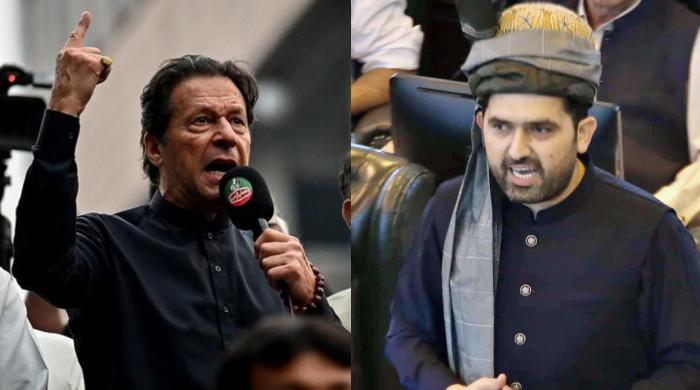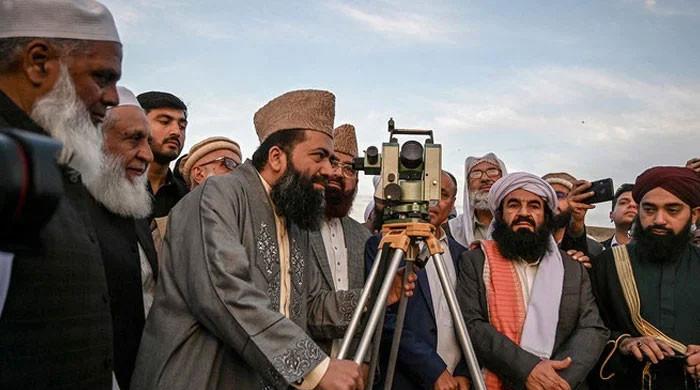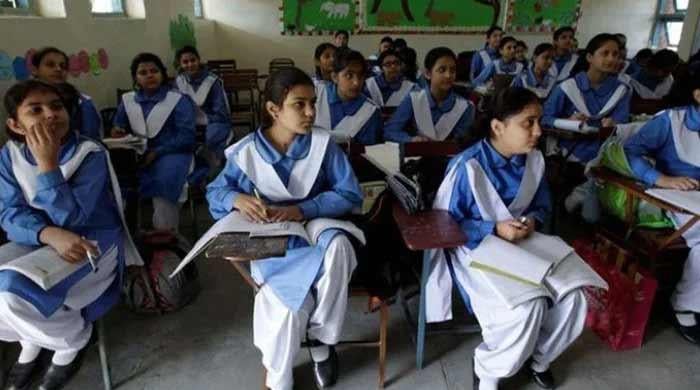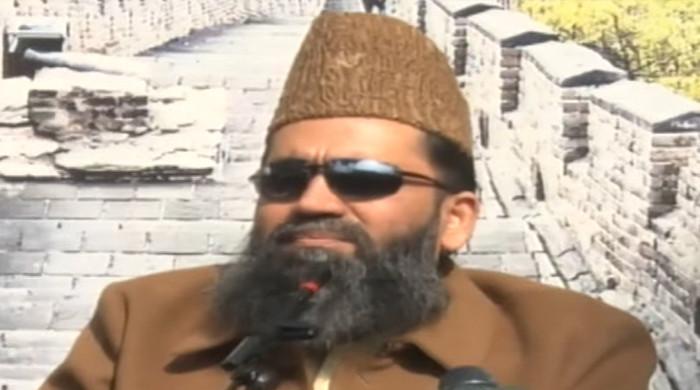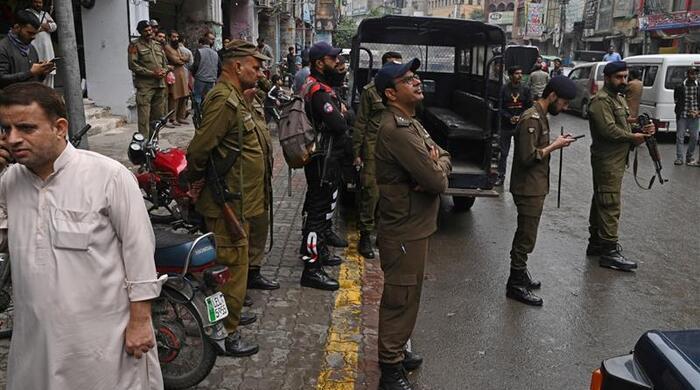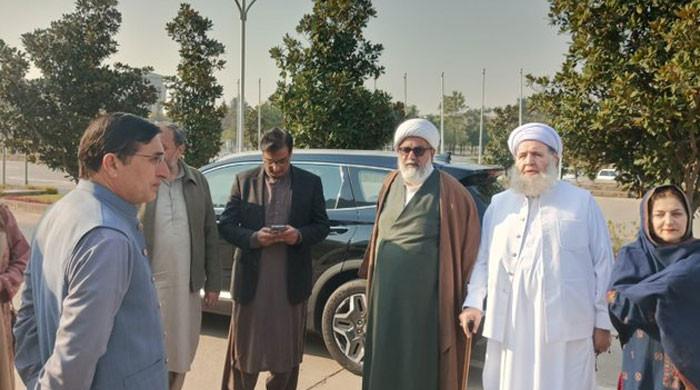Election 1970: Rise of democracy and fall of Dhaka
This video report is the first part of a series about the history of Pakistan elections since 1970
January 24, 2024
Pakistan’s political temperature has started picking up and before long the simmer will come to a boil as the country’s 12th general elections, scheduled for February 8, 2024, are drawing nigh.
To understand their significance, it is important to take a quick walk down the country's electoral history lane.
Pakistan held its first general elections in 1970. General Yahya compelled President Ayub Khan to resign in March 1969, subsequently assuming the roles of President, Chief of Army Staff, and Chief Martial Law Administrator.
He lifted sanctions on political parties, nullified Ayub's disputed constitution, and organised elections in December 1970, based on the one-man-one-vote principle.
These elections are considered the most transparent in Pakistan's history, but their outcome triggered a series of events leading to the fall of Dhaka, the capital of the then East Pakistan, in 1971.
Turnout
The elections recorded an unprecedented turnout with 16,318,808 out of a total of 25,730,280 registered voters exercising their right to vote. Punjab led with a 69% turnout, while Balochistan had the lowest at 41%. Sindh and Khyber Pakhtunkhwa recorded turnouts of 60% and 48%, respectively.
Former Herald Magazine editor and Lok Sujag co-founder, Badar Alam, attributed the high participation to public enthusiasm, given that, previously, only a specific group could vote. Additionally, he highlighted the transparency of these elections, marking the most transparent in the country's history, where no party's victory was predetermined. Consequently, each political party worked diligently to mobilize its supporters.
The competition in these polls was primarily between Zulfiqar Ali Bhutto's Pakistan People's Party (PPP) and Sheikh Mujeeb's Awami League (AL).
On December 7 1970, the elections were held and according to the results, Sheikh Mujeeb's AL secured a substantial majority with 160 seats, but the party couldn't win a single seat in West Pakistan. Similarly, Zulfiqar Ali Bhutto's PPP won 81 seats but failed to secure any in East Pakistan.
Constitutionally, Sheikh Mujeeb was the new ruler of Pakistan, and it was General Yahya's responsibility to transfer power. However, Bhutto's refusal to attend the National Assembly meeting in Dhaka on February 1, 1971, led to its postponement.
This sparked civil disobedience in East Pakistan, followed by an armed rebellion by Mukti Bahani and the India-Pakistan war in 1971, leading to Dhaka's fall in March 1971.
Later, General Yahya transferred power to Zulfiqar Ali Bhutto, who served as Pakistan's first and only Chief Martial Law Administrator for two years before the passage of the 1973 constitution.
On August 14, 1973, Zulfiqar Ali Bhutto took the oath as Pakistan's first elected Prime Minister.
The writer is a staffer at Geo.tv, he tweets X@ranashaharyar01




